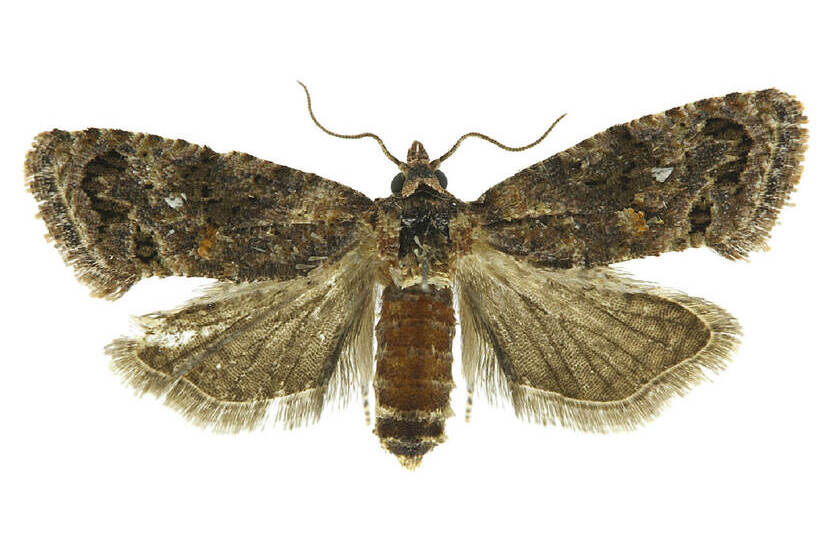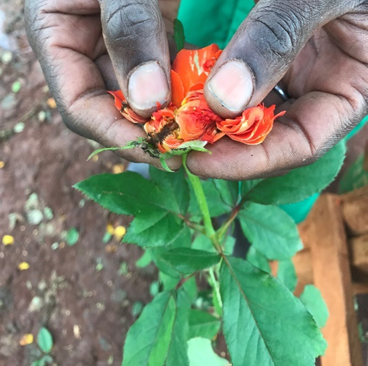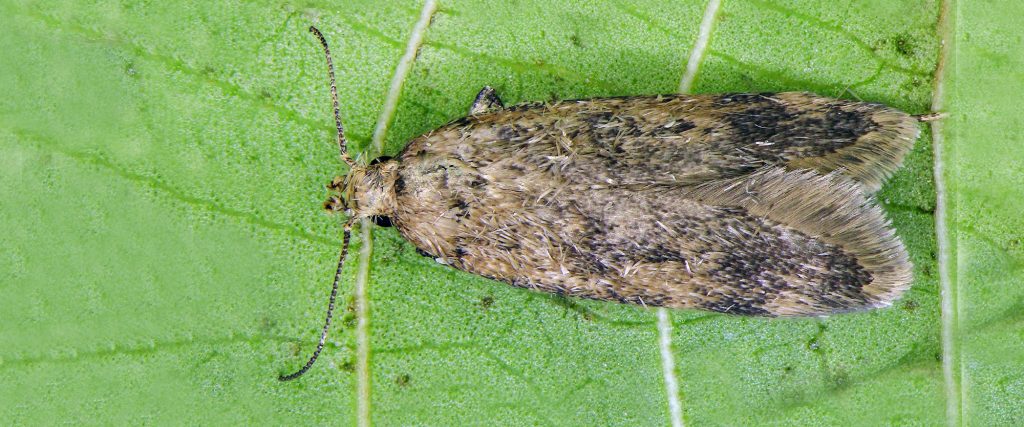by Victor Okeyo

Kenya is a major player in the global flower market, supplying flowers to Europe, Asia, and beyond. However, the False Codling Moth (FCM) is putting the country’s exports at risk.
According to the Kenya Flower Council, this tiny pest, no longer than a grain of sand, has caused millions in losses due to rejected
shipments, and tightened regulations from key markets like the European Union. As Clement Tulezi, CEO of the Kenya Flower Council, stated, “Last year alone, Kenya lost over Kshs. 20 million due to rejections at the airport and interceptions in key markets caused by FCM. If we do not act swiftly, our industry’s reputation is at stake.”
Impact on the Industry
The European Union (EU), Kenya’s largest flower market, has heightened phytosanitary inspections to curb the spread of False Codling Moth (FCM). A single intercepted shipment can have severe consequences, triggering stricter trade barriers and lowering demand for Kenyan flowers. In 2024 alone, Kenya incurred losses amounting to Kshs. 20 million due to rejected exports. In response, the EU has announced stricter compliance measures set to take effect on April 26, 2025. Repeated interceptions could damage Kenya’s reputation as a reliable supplier, ultimately reducing buyer confidence and threatening the industry’s sustainability.
Moreover, exporters are required to comply with the Systems Approach Protocol, a strategy developed in collaboration with the Netherlands Embassy and Trademark Africa. However, increased inspections at Jomo Kenyatta International Airport (JKIA) have led to delays and additional export costs, further burdening the sector. To meet international standards, farmers need affordable and effective pest control solutions to maintain their competitiveness in the global market.

According to Mr. Tulezi, “If we do not comply with these strict regulations, we risk losing our position as a top exporter of flowers to Europe. Our growers must take this challenge seriously.”
Broader Implications
The FCM challenge goes beyond Kenya’s borders, threatening to disrupt the global supply chain of cut flowers. The EU’s decision to impose stricter regulations reflects the growing concerns over pest management and the integrity of the supply chain. Countries dependent on Kenyan flower exports, particularly in Europe, could face shortages or increased prices if the pest issue worsens, affecting consumers and flower industry stakeholders globally. Moreover, if Kenya’s reputation as a reliable supplier is damaged, other emerging markets may take its place, shifting trade dynamics and diminishing Kenya’s export dominance in the flower industry. These wider implications underscore the urgent need for a concerted global response to pest management and trade regulation.
Mitigation Measures and Industry Response
To combat False Codling Moth (FCM), the flower industry has developed the Systems Approach Protocol, which ensures a standardized process for pest control from farm to market. Training programs for farmers, supported by KEPHIS and the National Plant Protection Organization (NPPO), emphasize proper pest control techniques.

Additionally, the industry has urged the government to fast-track the registration of effective pest-control products to ensure timely and efficient solutions for farmers.
The Kenya Flower Council (KFC) is actively collaborating with the National Plant Protection Organization (NPPO) to ensure compliance with pest control regulations. International partners, including the EU and the Netherlands Embassy, are investing in monitoring programs to support these efforts. Additionally, discussions with the government are focused on reducing bureaucratic delays in pest control approvals to streamline the process and enhance efficiency in the sector.
Despite the threat of the FCM, the industry is determined to reduce related interceptions by April 2025 and secure Kenya’s market position. As Tulezi says, “We must act decisively to protect Kenya’s flower market. The global reputation we have built over decades depends on our ability to manage FCM and meet international standards.”
With enhanced pest control measures, regulatory cooperation, and grower training, the sector can maintain its dominance in global flower exports.
